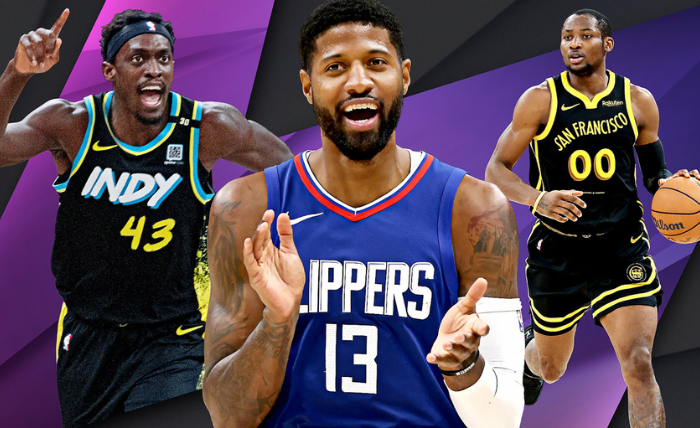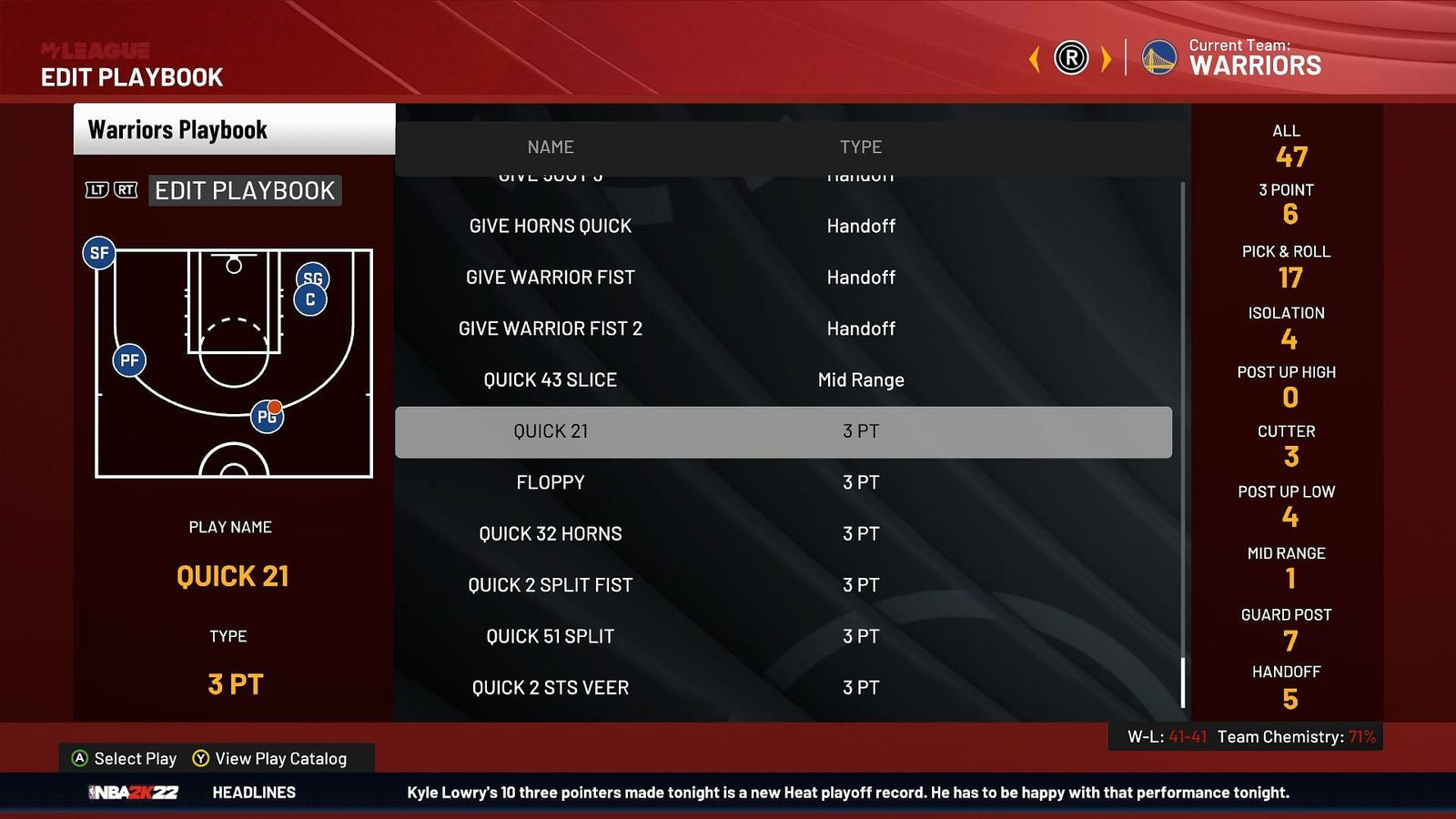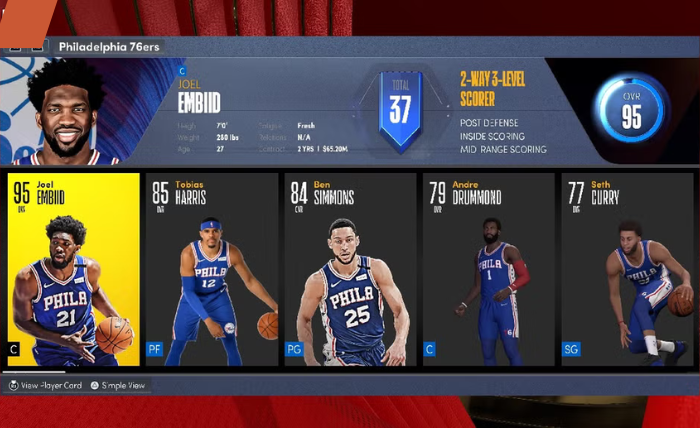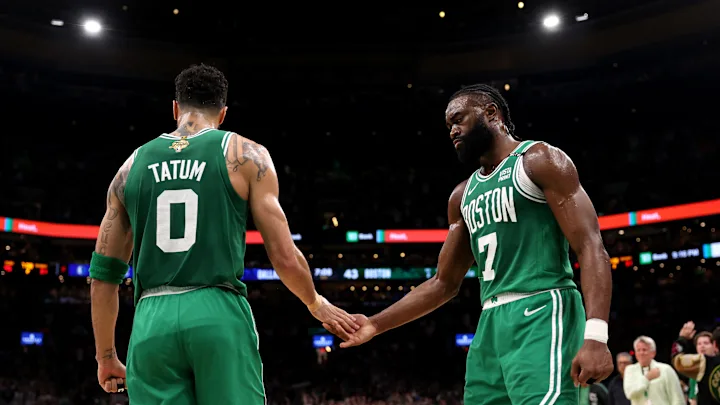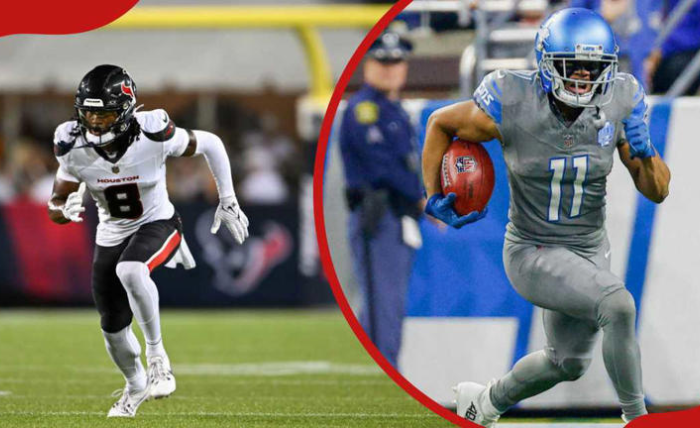No trade clauses are special in the NBA. They give players control over their careers. These clauses let players decide if they want to be traded or not. In the competitive world of the NBA, having a no trade clause can be a powerful tool for players. It ensures stability and allows them to stay with their chosen team.
No trade clause NBA players hold a unique position in the league, allowing them to control their future. This special contract feature gives players the ability to refuse trades, providing them with security and peace of mind. Understanding no trade clause NBA players helps fans see how important these agreements are in shaping team rosters. Teams often negotiate these clauses to keep star players happy, making no trade clause NBA players a key factor in the NBA’s competitive balance.
Introduction To No Trade Clause
In the world of the NBA, contracts and player agreements are crucial. One interesting aspect is the No Trade Clause. This clause can significantly impact a player’s career and a team’s strategy. Let’s dive into what a No Trade Clause is and its importance in the NBA.
Definition And Importance
A No Trade Clause is a contract provision. It allows a player to veto a trade to another team. This means the player has control over where they play. Not all players have this clause in their contracts. Typically, it is reserved for elite players. It gives them leverage and stability.
For teams, a No Trade Clause can be a double-edged sword. It helps in retaining top talent. But it also limits flexibility in making trades. This can affect team-building strategies. The clause provides security to players but can be challenging for team management.
Historical Context
The concept of a No Trade Clause is not new. It has been part of the NBA for decades. One of the most famous instances involves Magic Johnson. In 1981, he signed a 25-year contract with the Lakers. This included a No Trade Clause. This allowed him to stay with the team for his entire career.
Another notable player is Kobe Bryant. He also had a No Trade Clause. This was part of his contract with the Lakers. It ensured he remained with the team until his retirement. These examples show how the clause can shape a player’s career.
In recent years, the use of No Trade Clauses has evolved. They are now more strategic. Teams and players carefully negotiate these clauses. This impacts both their careers and the team’s future.
Top Nba Players With No Trade Clause In 2024
In the competitive world of the NBA, a no trade clause is a coveted contract feature. It gives players control over their career moves. This clause prevents teams from trading players without their consent. In 2024, several top NBA players have this powerful clause in their contracts.
Key Players To Watch
LeBron James is one of the most notable players with a no trade clause. His presence on the Los Angeles Lakers remains critical. Kevin Durant also has this clause, ensuring his leadership on the Phoenix Suns. Stephen Curry, known for his sharpshooting skills, holds a no trade clause with the Golden State Warriors. These players use their clauses to maintain stability and control in their careers.
Impact On Team Dynamics
A no trade clause impacts team dynamics significantly. It ensures key players stay with their teams, fostering long-term strategies. Teams can build around these players with confidence. This stability helps in forming strong team bonds and effective game plans. It also gives players more say in team decisions, influencing overall team morale.
Benefits Of No Trade Clause For Players
The No Trade Clause (NTC) is a coveted provision in NBA contracts. It allows players to have greater control over their careers. This clause offers several benefits, making it highly desirable for athletes. Let’s delve into the benefits of a No Trade Clause for NBA players.
Career Stability
One of the primary benefits of a No Trade Clause is career stability. Players with an NTC are assured they will not be traded without their consent. This allows them to stay in a city they are comfortable with. Stability can lead to better on-court performance. It also helps players build strong relationships with teammates and the community.
Leverage In Negotiations
A No Trade Clause gives players significant leverage in contract negotiations. It signals that the team values the player highly. This can lead to better contract terms and additional perks. Players can negotiate for other favorable conditions, like higher salaries or bonuses.
Here’s a simple table showcasing the benefits:
| Benefit | Description |
|---|---|
| Career Stability | Ensures player remains with preferred team and city |
| Leverage in Negotiations | Provides an upper hand in contract talks |
Overall, the No Trade Clause empowers players. It helps them shape their own career paths. It offers peace of mind and better control over their professional lives.
Team Perspectives On No Trade Clause
NBA teams often consider various factors when negotiating contracts with players. One such factor is the no-trade clause (NTC). This clause can be a double-edged sword, offering both benefits and challenges for teams. Understanding these perspectives helps in evaluating the strategic use of NTCs.
Strategic Advantages
A no-trade clause provides significant benefits to NBA teams. It can help in retaining key players by offering them a sense of security and stability. Star players may prefer to stay with a team that offers them more control over their career.
- Player Loyalty: Offering an NTC can foster loyalty from star players.
- Team Stability: Ensures core players remain with the team for the contract’s duration.
- Negotiating Leverage: Teams can use NTC as a bargaining chip in contract negotiations.
These strategic advantages can be crucial for a team’s long-term success and stability.
Potential Drawbacks
Despite its advantages, a no-trade clause also has potential drawbacks. It can limit a team’s flexibility in managing its roster and salary cap. This restriction can lead to challenges in adapting to changing circumstances.
- Limited Flexibility: NTC restricts a team’s ability to trade players.
- Financial Constraints: NTCs may result in higher salary commitments.
- Roster Management: Reduces options for reconfiguring the roster in case of underperformance.
These drawbacks need careful consideration before including an NTC in a player’s contract.
Case Studies Of No Trade Clause Effectiveness
The No Trade Clause (NTC) in the NBA allows players to control their career paths. This clause can lead to success or challenges depending on the situation. Let’s dive into some real-life examples to understand the effectiveness of NTCs.
Success Stories
Several players have benefited from the No Trade Clause. Let’s look at a few:
| Player | Team | Outcome |
|---|---|---|
| Kobe Bryant | Los Angeles Lakers | Stayed with the Lakers his entire career. |
| Dirk Nowitzki | Dallas Mavericks | Won an NBA championship and stayed loyal to the team. |
| Dwyane Wade | Miami Heat | Helped win multiple championships and later returned to retire. |
Kobe Bryant and Dirk Nowitzki are prime examples. They stayed with their teams for their entire careers. This loyalty helped build strong legacies and win championships. Dwyane Wade also used his NTC to return to Miami and finish his career with the Heat.
Challenges Faced
Not all stories are successful. Some players face challenges with NTCs:
- Carmelo Anthony – New York Knicks
- Kevin Garnett – Boston Celtics
- Chris Paul – Houston Rockets
Carmelo Anthony had a NTC with the Knicks. He had limited options for trades. This led to a prolonged stay despite team struggles. Kevin Garnett faced a similar issue with the Celtics. His NTC restricted trade options, affecting the team’s rebuilding plans.
Chris Paul had a NTC with the Rockets. This limited the team’s flexibility in making moves. It impacted both the player and the team’s performance.
These examples show that NTCs can be a double-edged sword. They offer stability but can also limit options. Understanding the effectiveness of NTCs requires looking at both sides of the coin.
No Trade Clause And Salary Cap Implications
Understanding the No Trade Clause (NTC) in the NBA is crucial. It has significant implications for teams, especially under the salary cap. Players with an NTC can veto trades, giving them control over their career moves. This control can impact a team’s financial strategy and flexibility.
Financial Flexibility
Teams with players holding an NTC face unique challenges. These players can block trades, limiting the team’s options. This limitation can affect a team’s financial flexibility. Teams need to be cautious with their salary cap management.
When a team wants to trade a player with an NTC, they need the player’s approval. This approval can be hard to get, especially if the player is a key part of the team’s strategy. This situation can lock up a significant portion of the salary cap.
Contract Management
Managing contracts of players with an NTC requires careful planning. Teams need to consider the player’s value and long-term plans. Offering an NTC can be a strategic decision. It may attract top talent, but it can also complicate future trades.
Teams must balance the benefits and risks of granting an NTC. Once granted, it becomes a binding part of the contract. This condition impacts the team’s ability to make quick roster changes. Smart contract management is key to maintaining team flexibility and success.
Future Trends In No Trade Clauses
In the NBA, no trade clauses (NTCs) are valuable. They give players more control over their careers. As the league evolves, so do contract norms and trends. What will the future hold for NTCs? Let’s explore some future trends.
Evolving Contract Norms
NBA contracts are changing. New types of deals are emerging. Players seek more power and flexibility. This shift impacts no trade clauses. Future contracts may include more NTCs. They ensure players have a say in their moves.
Teams are also adjusting. They want to keep star players happy. Offering NTCs can be a strategy. It shows trust and respect. This trend is growing across the league.
Another aspect is the player option. Many contracts now include this feature. It gives players the choice to stay or leave. Combining player options with NTCs gives even more control.
Predictions For 2025
By 2025, NTCs may become more common. Star players will likely demand them. Teams will need to adapt. Balancing player power and team flexibility is key.
We might see new contract structures. Hybrid deals could emerge. They may blend NTCs, player options, and other clauses. This will cater to both player and team needs.
Younger players will also benefit. Rising stars will want NTCs in their contracts. This trend could start earlier in careers. It reflects the growing influence of players in the NBA.
In summary, no trade clauses are evolving. They are becoming more central to NBA contracts. By 2025, NTCs will likely be a standard feature for top players. Teams and players will continue to shape this trend.
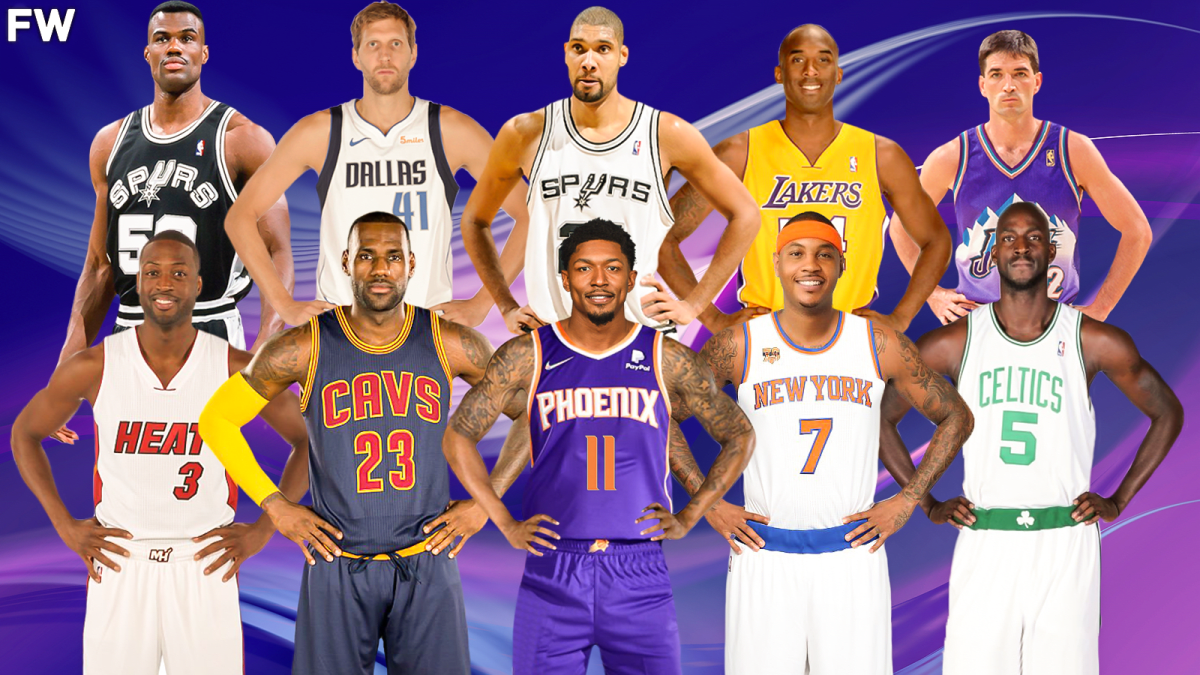
Credit: fadeawayworld.net
Frequently Asked Questions
What Is A No Trade Clause In Nba?
A no trade clause in the NBA prevents a player from being traded without their consent. It’s a contractual agreement.
How Does A No Trade Clause Work?
A no trade clause allows players to block trades. They must approve any team they are traded to.
Which Nba Players Have No Trade Clauses?
Few players have no trade clauses. Notable examples include LeBron James and Stephen Curry.
Can A No Trade Clause Be Waived?
Yes, players can waive their no trade clause. This allows teams to trade them to a mutually agreed team.
Conclusion
No trade clauses give NBA players more control over their careers. They can choose where to play and avoid unwanted trades. This power can lead to better team loyalty. Fans appreciate players who stay committed to their teams. Understanding no trade clauses helps fans grasp the business side of the NBA.
It adds depth to the game and player decisions. Stay informed and enjoy the excitement of NBA contracts.


